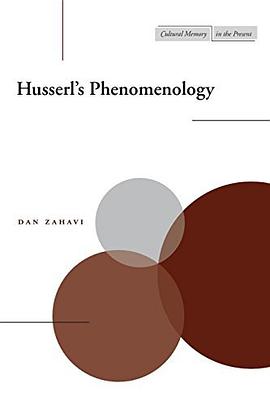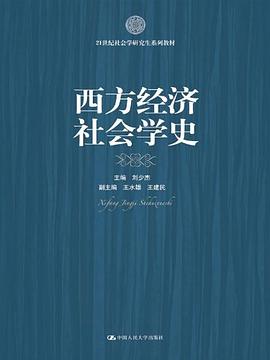Husserl’s Phenomenology
内容简介
It is commonly believed that Edmund Husserl (1859-1938), well known as the founder of phenomenology and as the teacher of Heidegger, was unable to free himself from the framework of a classical metaphysics of subjectivity. Supposedly, he never abandoned the view that the world and the Other are constituted by a pure transcendental subject, and his thinking in consequence remains Cartesian, idealistic, and solipsistic. The continuing publication of Husserl's manuscripts has made it necessary to revise such an interpretation. Drawing upon both Husserl's published works and posthumous material, "Husserl's Phenomenology" incorporates the results of the most recent Husserl research. It is divided into three parts, roughly following the chronological development of Husserl's thought, from his early analyses of logic and intentionality, through his mature transcendental-philosophical analyses of reduction and constitution, to his late analyses of intersubjectivity and lifeworld. It can consequently serve as a concise and updated introduction to his thinking.
......(更多)
作者简介
......(更多)
目录
......(更多)
读书文摘
知觉预设某种身体特定的自我敏感性(sel- sensitivity)。我们对知觉性对象的经验,总是被共同起作用但非主题化的、对身体位置和运动的经验所伴随,这被称为动觉经验( kinaesthetic experience)。当我弹钢琴时,键是结合着对手指运动的感觉而被给予的。
第一人称的给予性并非仅仅是附加给经验的一个性质,就其自身来说也非一个修饰。相反,正是它构成了经验的存在模式。
......(更多)






